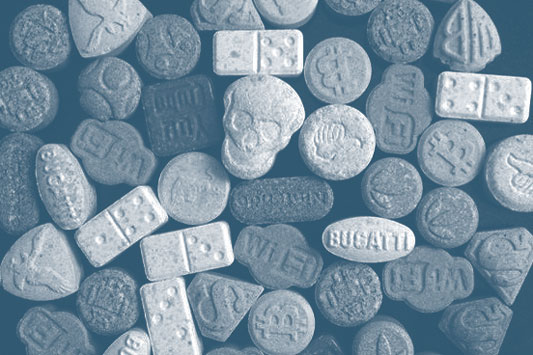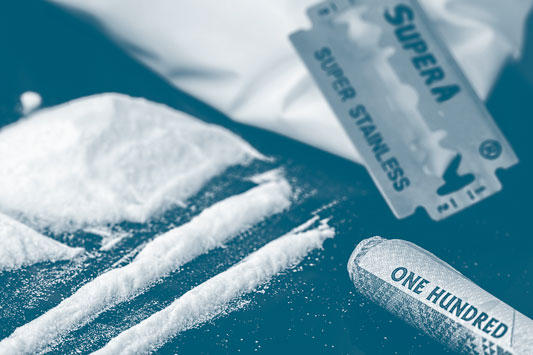Addiction to and Recovery from Addictive Stimulants
Do you know anyone who is struggling with an amphetamine addiction? Whether you or a loved one is struggling with addiction, it’s essential to know the signs of addiction and the steps to recovery. It’s time to start the road to recovery.

What Are Stimulants?
Stimulants come in many forms. Some stimulants are prescription medication that is being abused, while others are illegal substances. There are dozens of common names and nicknames for each drug, but these are the most common stimulants:
- Amphetamine
- Methamphetamine
- Cocaine
- MDMA
- Adderall
Over 1.6 million people use stimulant medication for nonmedical purposes. Despite the use of Adderall for ADHD treatment, many individuals are abusing this common prescription medication.
The most common symptoms of stimulants are increased energy and alertness. Depending on the stimulant, this category of drugs can be injected, snorted, crushed or taken orally.
Stimulant abuse can lead to a whole host of medical issues, including:
- Reduced motor skills
- Impaired emotion and memory
- Severe respiratory, digestive and nervous issues
- Inability to regulate temperature
Stimulant addiction and abuse can lead to death in many cases. Understand the warning signs of addiction and help your loved one find healing.
Signs of Addiction
From cocaine addiction to Adderall addiction, many individuals struggle to quit using these substances. Signs of addiction and stimulant use include increased heart rate, feelings of euphoria and in some cases even paranoid and delusional thoughts.
If a friend or family member is pulling away from you or their social connections, it could also be a sign of addiction. Many who are struggling with addiction wish to hide it from their loved ones. Don’t wait to talk to someone you know about addiction and help them find the path to recovery.
Every stimulant behaves in a slightly different way. Methamphetamine lasts unusually long but is also very damaging. Many individuals who use methamphetamine experience long-term effects, so it’s crucial to spot the signs of drug use early on. High body temperatures and extreme alertness and euphoric thoughts and behaviors are common signs of methamphetamine addiction.
MDMA is a synthetic stimulant that goes by many names. Ecstasy and Molly are two common names for this drug. Signs of MDMA addiction include the same increased alertness and euphoric thinking, but also a distorted sense of time and sensory information.
Cocaine is another dangerous, illegal stimulant. Small amounts of cocaine lead to hypersensitivity and paranoia, but large doses can quickly lead to violent actions and unpredictable behavior.
Steps to Recovery
Individuals who have a stimulant addiction often display withdrawal signs when not using stimulants. Unlike other substances, stimulant withdrawal doesn’t often include life-threatening symptoms. Instead, the emotional and physical toll makes it very difficult to overcome.
Once you or a loved one has decided to detox, the withdrawal symptoms are likely to increase and include many of the following:
- Headaches
- Fatigue
- Depressed thoughts
- Unusual mood swings
- Lack of sleep
- Powerful cravings
Detoxing on your own can be incredibly challenging. Without loving support and quality care, it’s both emotionally and physically demanding to try to recover from an amphetamine addiction on your own. A great first step to recovery is a quality treatment center for well-rounded assistance by professionals who understand the specific steps needed. A helping hand can be all that’s needed to overcome addiction.
Start the Journey Today
It’s important to have an action plan for recovery and a safe place to overcome an addiction. At Clean Recovery Centers, our day/night treatment centers and coastal location in Florida provide the safe space you or a loved one needs to start the recovery journey. If you’re ready to learn more or have any questions about amphetamine addiction, don’t wait to contact us.


